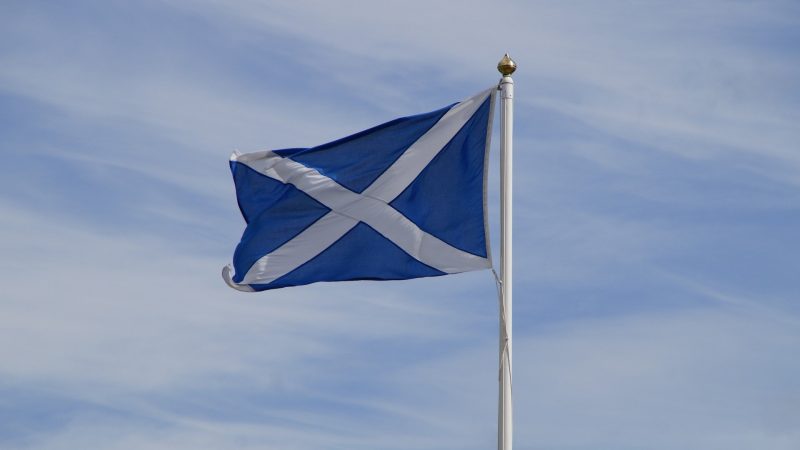
For a referendum that was supposed to resolve long running divisions over independence, the polarising effects of the 2014 campaign define Scottish politics to this day. If there is a further referendum in the coming years, and whatever the outcome of that vote, there is no guarantee that this issue will stop being the fault line in Scottish politics dominating political dialogue.
Recent calls for a “third question” in any future independence referendum, along with the status quo and independence, beg the question of whether such an outcome would resolve the issue. Perhaps it could – if the proposal were radical enough.
Is there a version of devolution max, federalism, con-federalism or home rule that would be acceptable to most people on each side of this debate? A model with the benefits of pan-UK democratic and economic structures, with power firmly resting in Scotland on all issues that affect Scotland. Such a proposal could be put to a referendum or could simply be implemented.
Any settlement would have to recognise that the Scottish people are entitled to self-determination, and that consent is needed from the Scottish peoples’ representatives in decision-making with Scotland having rights as a minority nation. It would have to be a relationship of partners rather than a dominance by the nation with the largest population. And that means Scotland would withhold consent in certain circumstances.
Of course, there are disadvantages as well as advantages to any set of proposals, and there would be “postcode” service provision and varying standards in different parts of the UK. But the status quo is not working. Whatever happens, we will remain living on a relatively small interdependent island where cooperation is in everyone’s interests.
The 2014 independence proposals kept the pound, the Bank of England and many other aspects of current arrangements. Even if Scotland went independent, it is likely that a new set of structures would be created to facilitate cross-border working. Would most people support the following:
- Full tax raising powers for the Scottish Parliament.
- Westminster raising taxes for reserved matters.
- Transparency in funding transfers between nations and regions.
- The pound as the currency with an agreed remit for a renamed Bank of England.
- Substantial borrowing powers for the Scottish Parliament within a framework set between Westminster and Holyrood, and with the ability to invest to protect and develop industry and sectors.
- Reserved areas to be agreed between the four nations, i.e. pensions, customs, etc.
- Qualified majority voting by nations on reserved matters with specific consents required where stipulated, i.e. war.
- Representation of nations and regions in a reformed second chamber.
Could such a constitutional settlement have prevented Iraq, austerity and privatisation? Well, potentially yes. For example, there could be a requirement for an affirmative vote for military action in the Scottish Parliament where war is being proposed. Similarly, there could be a requirement for Trident to be agreed by Holyrood as well as Westminster.
Would a framework along these lines “settle” the issue for the foreseeable future, or is the constitutional issue going to continue to dominate and divide Scottish politics for all our lifetimes, whether Scotland remains part of the UK or becomes independent?




More from LabourList
Letters to the Editor – week ending 15th February 2026
‘Labour council candidates – it’s tough, but all is not lost’
‘Labour won’t stop the far right by changing leaders — only by proving what the left can deliver’